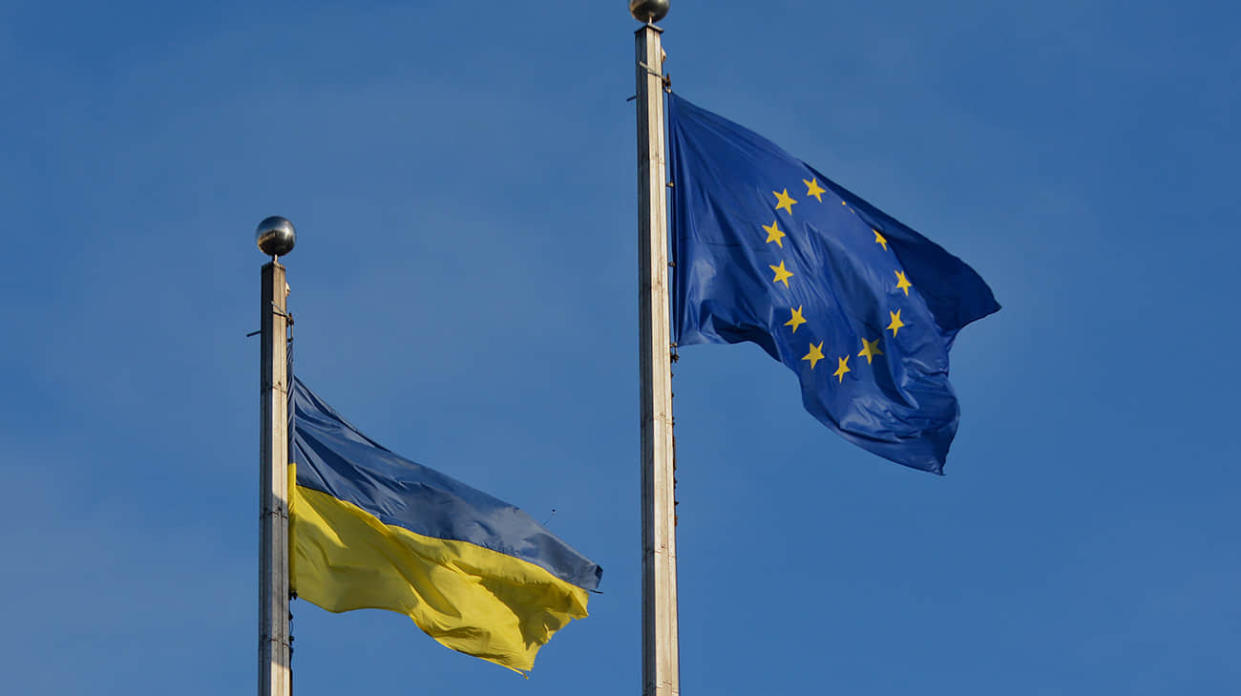EU ambassadors to try to agree on trade terms with Ukraine

Ambassadors from 27 EU countries will attempt on Monday, 25 March to approve an agreement extending liberalised trade with Ukraine, expectedly with new restrictions.
Source: the Brussels correspondent for Polish radio station RMF FM, as reported by European Pravda
Details: Ambassadors failed to approve an agreement last Wednesday, 20 March, as Poland and France deemed the text agreed with the European Parliament insufficient. Both countries want more restrictions on the import of Ukrainian agricultural products.
Belgium, which currently holds the presidency of the Council of the European Union, sees no point in amending the agreement. It believes that Poland has already received assurances at the EU summit regarding extending the agreement on duty-free trade with Ukraine.
It is expected that next year there will be a return to the association agreement based on reciprocity and Ukraine's commitment to EU norms and standards. Germany also wants to refrain from reviewing the agreement.
French President Emmanuel Macron announced at a press conference on Friday that he expects changes to the text. Paris wants the calculation of quotas for Ukrainian imports to use the base period up to 2021, when Ukrainian imports were at a low level.
Macron also noted that wheat must be added to the quota product list. "This would help to overcome many existing difficulties not only in Poland but also in many European countries, including France," he stated on Friday.
RMF FM's sources in the EU expect that Poland and France will present a united front, which may be supported by other countries neighbouring Ukraine.
Negotiations are becoming increasingly tense as the European Parliament must approve the agreement at a plenary session in April. This session is the last one before the European Parliament elections.
The agreement is expected to come into effect no later than 5 June and will be valid for another year.
Background:
The previous compromise reached among the negotiators from the Council of the EU, European Parliament and European Commission envisages a base period of 2022-2023 for calculating the limits on Ukrainian imports.
The European Commission officially proposed to extend the suspension of import quotas and duties on Ukrainian exports to the EU for another year while including safety measures for agricultural products, as demanded by several EU countries.
But this proposition did not satisfy farmers in the EU countries that border Ukraine and made them start protest actions, mainly in Poland
Support UP or become our patron!
